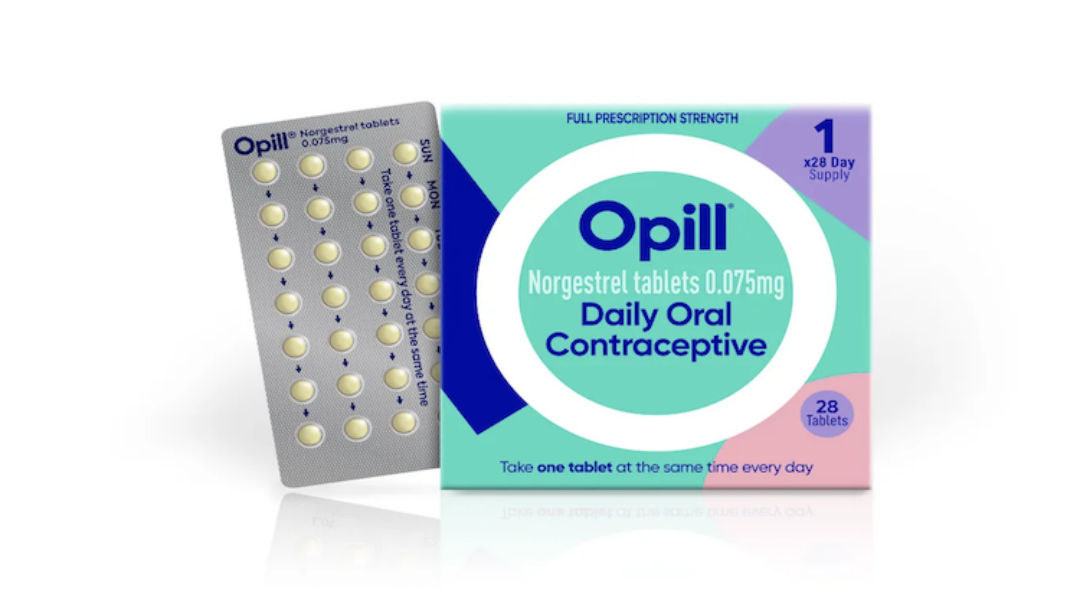A birth control pill will soon be available over-the-counter without a prescription.
Perrigo, the first daily birth control pill, Opill, is now being distributed to retailers and pharmacies across the United States after receiving approval from regulators in July 2023.
The price for a one-month supply will be $19.99 and a three-month supply will cost $49.99, according to the company. Along with this, the pill will be accessible for purchase on the internet, with a three-month supply priced at $49.99 and a six-month supply priced at $89.99.
“We’re excited about this. It looks very good,” Patrick Lockwood-Taylor, president and chief executive officer of Perrigo, said of Opill’s rollout in a company earnings call last week. “The product is here, waiting to be distributed.”
It has been reported that both Walgreens and CVS will carry the product.
Opill will be on store shelves and available for purchase in April.
According to the FDA, when used correctly, Opill has a success rate of 99%. Additionally, the FDA recommends using other forms of contraception, such as condoms, to increase the effectiveness of the drug.
The FDA released a list of potential side effects of this medication, such as irregular vaginal bleeding, nausea, breast tenderness, and headaches, are typically mild and will typically subside without intervention.
Individuals who currently have or have a history of breast cancer, are pregnant, using alternative methods of birth control, taking emergency contraceptives, or are male, should refrain from using Opill.
According to medical professionals, Opill functions as a “mini-pill” by using only progestin hormone to prevent pregnancy. Compared to combination hormonal birth control pills, which contain both progestin and estrogen, progestin-only pills pose a lower risk of blood clots,
For Opill to be effective, it must be taken consistently at the same time every day, as its effectiveness decreases if taken inconsistently. The Opill is a safe option for the majority of individuals interested in taking it, and many believe it offers a significant step towards improving access to birth control.
In 1973, Opill was initially authorized for preventing pregnancies; however, it was removed from circulation in 2005 due to business-related factors.








